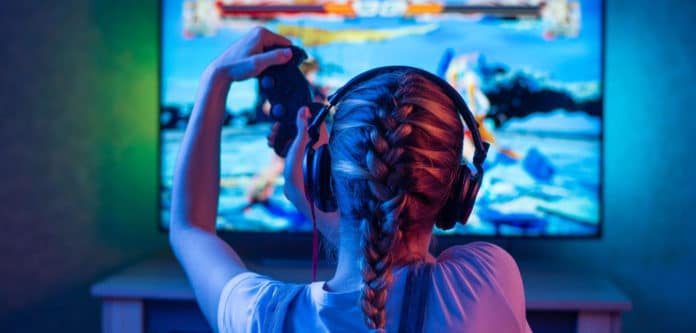Using industry data on actual playtime for popular video games, a new study by Oxford University has delivered a surprising finding; time spent playing games is positively associated with well-being.
The study accessed the time spent playing popular video games Plants vs. Zombies: Battle for Neighborville and Animal Crossing: New Horizons. The investigation recommends that experiences of competence and social association with others through play may contribute to individual prosperity. Indeed, the individuals who derived enjoyment from playing were likely to report experiencing positive prosperity.
During play, these experiences maybe even more important than the actual amount of time a player invests in games and could play a significant role in players’ well-being.
Professor Andrew Przybylski, Director of Research at the Oxford Internet Institute, University of Oxford, and lead author of the study, says, “Previous research has relied mainly on self-report surveys to study the relationship between play and well-being. Without objective data from games companies, those proposing advice to parents or policymakers have done so without the benefit of a robust evidence base.”
“Our findings show video games aren’t necessarily bad for your health; there are other psychological factors which have a significant effect on a persons’ well-being. Play can be an activity that relates positively to people’s mental health – and regulating video games could withhold those benefits from players.”
“Working with Electronic Arts and Nintendo of America, we’ve been able to combine academic and industry expertise. Through access to data on peoples’ playing time, for the first time, we’ve been able to investigate the relationship between actual gameplay behavior and subjective well-being, enabling us to deliver a template for crafting high-quality evidence to support health policymakers.”
In the study, scientists observed patterns of player behavior for two popular video games. They asked more than 3,270 players to participate in a survey to measure well-being, self-reported play, and motivational experiences during play. The survey findings were combined with objective behavioral data for the survey participants, collected by the video game companies.
They found:
- The actual amount of time spent playing was a small but significant positive factor in people’s well-being.
- A player’s subjective experiences during play might be a more significant factor for well-being than mere playtime.
- Players experiencing genuine enjoyment from the games experience more positive well-being.
- Findings align with past research suggesting people whose psychological needs weren’t being met in the ‘real world’ might report negative well-being from play.
